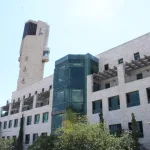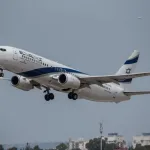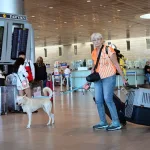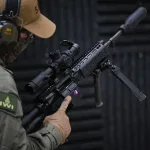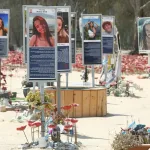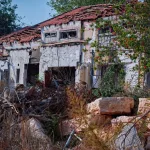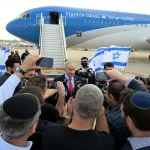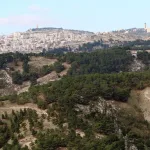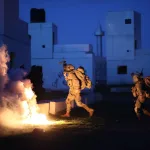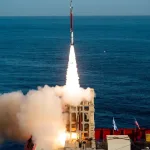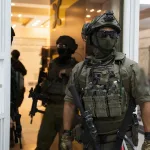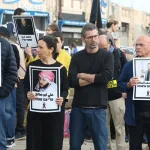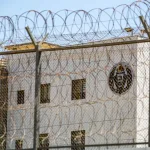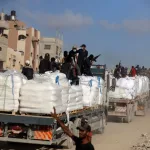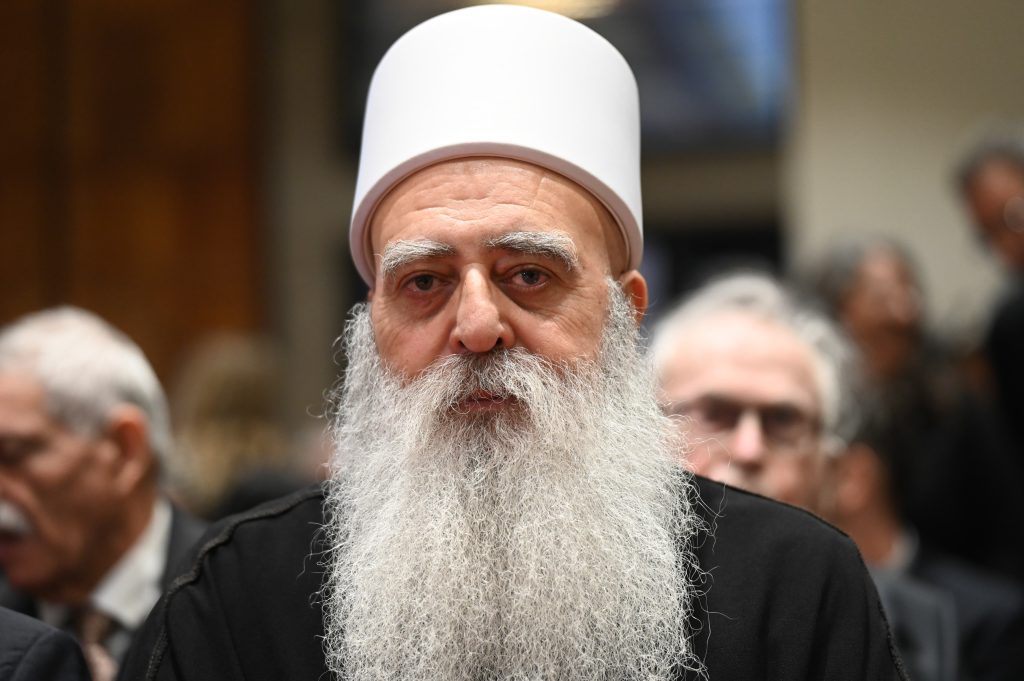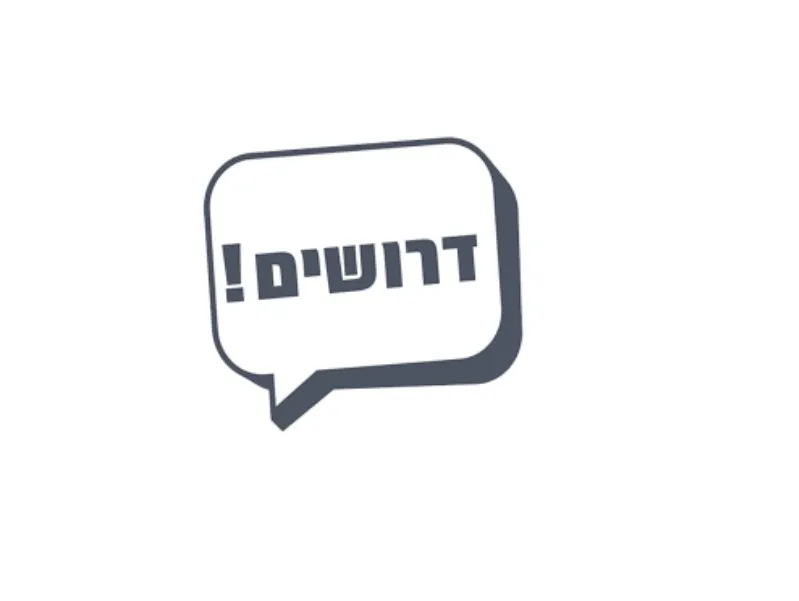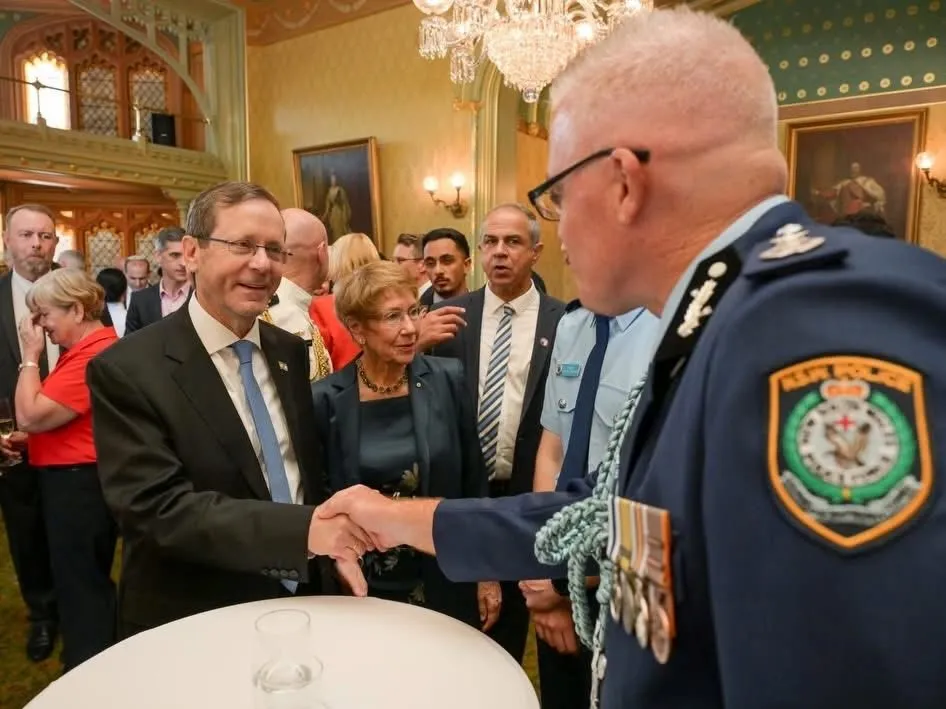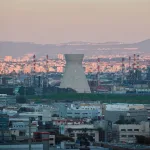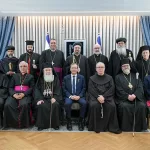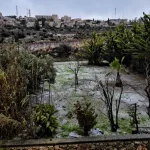Jerusalem, 16 July, 2025 (TPS-IL) — Dozens of Israeli Druze breached the Syrian border in the Golan Heights on Wednesday in an urgent bid to defend their kin amid what community leaders describe as a “brutal massacre” of Druze civilians in southern Syria.
Videos circulating on social media showed troops caught off guard.
The spiritual leader of Israel’s Druze community, Sheikh Mowafaq Tarif, accused the Israeli government and military of failing to uphold their commitments to protect Druze civilians across the border. A reported 248 people have been killed in several days of ethnic violence between local Druze and Bedouins in the Suweida region. Government forces loyal to interim President Ahmad al-Sharaa are viewed as siding with the Sunni Bedouins.
“Innocent civilians – women, children and the elderly – are being murdered in cold blood,” Tarif said. “This is not a clash between Druze and Bedouins — it’s between the Druze and ISIS.”
In response, the Israel Defense Forces rushed reinforcements to the border. The IDF is bracing for additional breaches and protests, and has requested more police support.
Israeli Druze leaders declared days of mourning and a general strike in their municipalities, and called on Druze citizens to prepare to cross the border again if the Syrian attacks persist.
“This is a deep and regrettable breaking point in the historical and ethical alliance,” the Druze statement read, pointing to the community’s prominent role in Israel’s defense over the past two years. “We expect the Israeli government to enter the battle in a way that does not imply any double standards, for the sake of our brothers who are being slaughtered in Syria, just as we are standing at the forefront in defense of the state.”
Tarif said community representatives have appealed directly to Prime Minister Benjamin Netanyahu, President Isaac Herzog, and senior defense officials, demanding immediate Israeli airstrikes to halt the Syrian offensive. “Silence and standing by are no longer possible,” he said. “If decisive action is not taken, the crisis between us and the State of Israel will deepen in a dangerous and unprecedented manner.” He urged demonstrators to avoid blocking roads, but said protests would continue as long as the bloodshed does.
Earlier in the day, the IDF said it struck the entrance to the Syrian military’s headquarters in Damascus.
Prime Minister Benjamin Netanyahu’s corruption trial in Tel Aviv adjourned early so he could meet with security officials about the situation.
On Tuesday, dozens of Israeli Druze crossed the border into Syria, while others blocked roads. The demonstrations came hours after the Israel Defense Forces said it had struck Syrian military vehicles approaching Suweida. According to the IDF, the airstrikes targeted armored personnel carriers, tanks, and roads used by Syrian government forces.
Israel’s Druze community of 152,000 has been calling on the government to take stronger measures to protect their co-religionists in southern Syria. Around 40,000 Druze live in the southern Syrian provinces of Quneitra, Da’ara and Sweida under Israeli protection. Netanyahu has called for the demilitarization of southern Syria. Several Israeli Druze
In May, the Israeli army set up a field hospital to treat civilians near the Syrian village of Hader.
Israel sent forces into the 235 sq km buffer zone to prevent Syrian rebels from approaching the border when the regime of Bashar Assad collapsed in December. Israel also launched waves of airstrikes on Syrian army assets and Iranian stockpiles to prevent them from falling into the hands of radical Islamists.
While Israeli forces have briefly entered the buffer zone in the past, December’s takeover marked the first time since its establishment that the IDF set up positions there. The demilitarized zone was established with a ceasefire in 1974 that ended the Yom Kippur War.
Israel considers the 1974 ceasefire agreement void until order is restored in Syria.
The Druze trace their ancestry back to the Biblical figure Jethro, the father-in-law of Moses. In Israel, the Druze serve in senior positions in public and military life, and the bond between Jewish and Druze soldiers is referred to as the “covenant of blood.” The Druze speak Arabic but are not Muslim.
The Druze living in the Galilee and Mount Carmel areas sided with the Jews in 1948 during Israel’s War of Independence, opted to be part of Israeli society and established themselves in all areas of public life.
When Israel captured the Golan Heights during the Six-Day War of 1967, the Golan Druze refused Israeli offers of citizenship, believing Syria would recapture the plateau. But attitudes have changed since the Syrian Civil War broke out in 2011.


